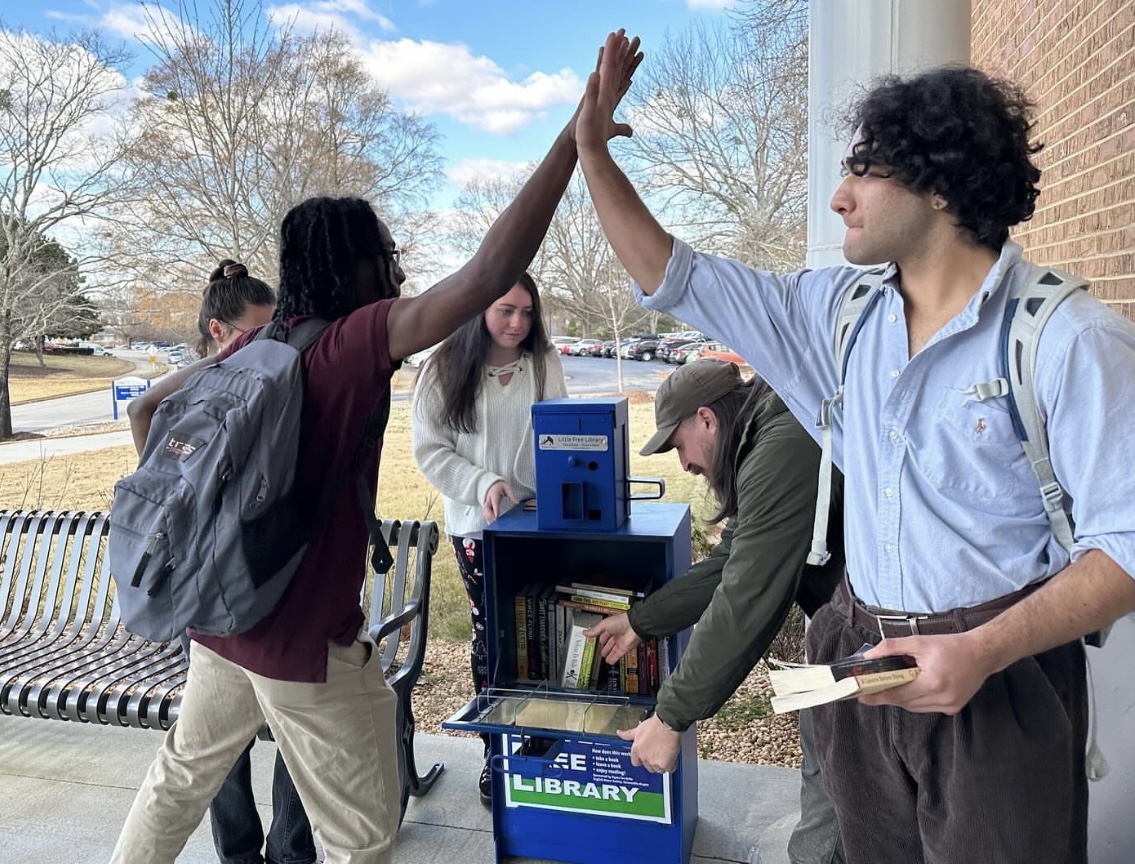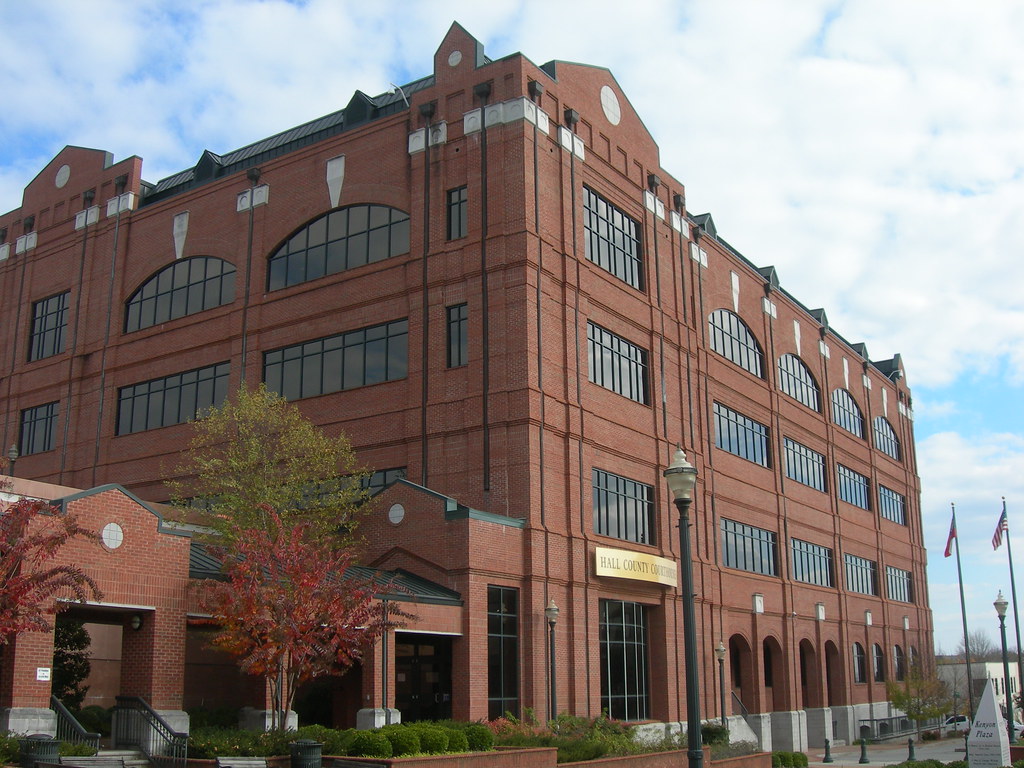The death of conservative activist Charlie Kirk, who was shot and killed at an event at Utah Valley University on Sept. 10, has sent shockwaves across the United States.
Kirk’s suspected killer, 22-year-old Tyler Robinson, is facing multiple felony charges, including aggravated murder. He is also charged with one misdemeanor. Utah County Attorney Jeff Gray says he will seek the death penalty, meaning that Robinson will be held without bail in the Utah County jail.
Robinson’s alleged motivations in the shooting are still under investigation by authorities. Investigators say bullet casings from the scene were engraved with messages such as “Hey fascist! CATCH!” which Utah Governor Spencer Cox said “speaks for itself.” In an interview with NBC, Gov. Cox revealed that Robinson came from a conservative family, but that “his ideology was very different from his family.”
Kirk was best known for publicly debating students on college campuses. Following his election in 2024, President Trump expressed “tremendous gratitude” to Kirk for being a key player in his success. Kirk’s conservative youth activism organization Turning Point USA, which he founded in 2012, advertises itself as the “largest and fastest-growing youth organization in America.”
Kirk said he founded Turning Point with the mission to “identify, educate, train, and organize students to promote the principles of fiscal responsibility, free markets, and limited government.”
UNG Professor of Rhetoric and Composition, Matthew Boedy, has been studying Charlie Kirk’s work since 2018, and he was one of the original professors on Turning Point’s “Professor Watchlist” for his views on campus concealed carry. Boedy has been interviewed by Al Jazeera, the Australian Broadcasting Corporation and The Guardian, and is releasing a book later this month about Christian nationalism and American democracy. He says he believes the fact that someone who is not an elected official or running for office was targeted “speaks to our nation’s now-heated-up civil war.” Kirk had said America was experiencing a cold civil war, which he characterized as a cultural battle between woke communists and “the American way of life.”
“We live in a cultural mix of school shootings where shooter manifestos justify their actions, where violent political rhetoric sometimes crosses the line into insurrection and where spiritual warfare pits partisans as enemies of God. This is how we devolved to see a political assassination as not horrific. It is horrific. We are in a deeply dangerous moment in America.” – Dr. Matthew Boedy, UNG Professor of Rhetoric and Composition
In the aftermath of Kirk’s assassination, both the UNG Young Democrats and UNG Turning Point USA chapters say they will be requesting the presence of officers from the UNG Department of Public Safety at their meetings. Ryan Cunningham, a senior history major and executive chairman of UNG’s Turning Point Chapter, said, “We have had our flyers defaced, ripped down and have even had people create anti-Turning Point flyers that call us fascists… It fosters [an] environment of intimidation and things that then lead to violence. It’s dangerous and has made some of my members afraid to show up to meetings.”
In a 2020 TED talk, “How Daily Habits Lead to Political Violence,” behavioral historian Christiane-Marie Abu Sarah analyzed how people contribute to violent ecologies and how to prevent daily progression toward political violence. She says that this is achieved through diversifying news exposure and being mindful of emotions, but most importantly, recognizing that we are all humans. Abu Sarah says, “Our future depends on us being able to find common ground with the other side,” and that we must retrain our brains to end the violence.
“I am extremely disappointed in the fact that our American democracy has come to such a breaking point where people feel the need to attack and kill others for their political beliefs,” said Tyler Nerbonne, a senior majoring in interdisciplinary studies and the President of UNG Young Democrats. 2024 reports from the U.S. Capitol Police show that threats against members of Congress have more than doubled since 2017.
Nerbonne said, “The founding fathers very prominently warned against partisan fighting, and yet now partisanship is such a huge part of our political landscape.” President George Washington expressed fear of factions in his 1796 farewell address, and President James Madison wrote Federalist Paper #10 in 1787, which was primarily focused on the danger of political factions in the United States and the threat they posed to the future of the Democratic Republic.
























